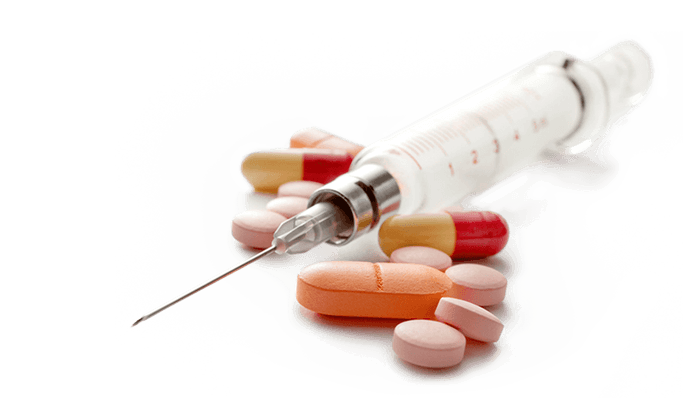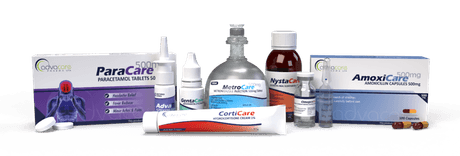What is the meaning of Immunologicals?
Immunologicals are drugs designed to modulate the immune system. Immunological drugs treat a variety of conditions, and they are especially effective in the treatment of autoimmune diseases like rheumatoid arthritis. They are proven to boost immune function, reduce inflammation, and prevent infection.
One of the main mechanisms of action of immunological medications is to target specific components of the immune system, such as cytokines, antibodies, or immune cells. By doing so, they can either suppress or enhance the immune response.
Another important type of immunologicals are vaccines - preparations which stimulate the immune system to recognize specific pathogens, such as bacteria or viruses, and to fight them off. Timely primary immunization (vaccination) significantly reduces the risk of contracting harmful infectious diseases that can lead to severe illnesses or death.


